The undisputed King of the Six-Days with a record 88 victories, a man so fast they called him the Flemish Arrow, Patrick Sercu was a true gentleman who had time for everybody, including a beginner journalist wanting to grab attention.
In 2002 when I was trying to break into full-time writing I convinced the editor of Cycle Sport magazine, Luke Edwardes-Evans to let me do a series of ‘At Home’ interviews with some of the best known legends in the sport. One of the first was Patrick Sercu.
The interview was arranged by a long-time family friend, the late Albert Beurick, who knew everybody in Belgian cycling, and I took one of my oldest biking buddies, Dave Marsh with me. Dave wanted to visit some bike shops in Belgium and see what old treasures he could buy off them, and I wanted my interview.
We stayed at Albert’s café, De Hoed, in a room high up in his loft. It would be another six months before Robert Garbutt, editor in chief at Cycle Sport’s sister mag, Cycling Weekly, told me I could claim expenses. “Provided you don’t overdo it,” he added. Before that sharing travel costs and stopping with friends, even sleeping in my car on several occasions, made sense. Thanks Robert.
Cost governed our stay in Belgium too. Two days, including getting there and back. Day one was for doing the shops, when Dave bought enough to fill his car, and would have bought more if it had been bigger. This was way before the retro bike boom, and the shops owners laid out the red carpet for us because Dave bought stuff they thought they’d never sell. It all seemed worthless junk to me too, but not to Dave; he had vision, and boy was he right.
In the evening we met up with the 1967 world amateur road race champion Graham Webb at a criterium Dean Downing was riding. Graham introduced us to Roger De Vlaeminck, and Bingo; another quick interview. Not an ‘at home’ one with Roger, that would come later, but enough for me to casually mention on the phone to the editor, “Oh, and I got an interview with Roger De Vlaeminck if you want it.” He did, which took me one step closer to being a regular contributor.

2002 Me (brighter hair - left), Roger De Vlaeminck (centre) and Graham Webb (right)
Day two was for Patrick, and we were early for our 10am appointment; very early. We parked up around the corner from his beautiful big house in West Flanders and made ready to move. Bang on ten I rang the bell on a shiny wooden front door, its call quickly answered by Patrick Sercu, a man Dave and I last saw many years before flashing around a six-day track faster than ever seemed possible.
That’s my teenage memory of Patrick Sercu. Immaculate, cool, super-professional and fast; incredibly fast. The man who answered the door was older but instantly recognisable. He ushered us inside, sat down in his favourite chair and indicated the sofa opposite for us to sit on. An intimate set up for us to chat together in a large, imposing and tastefully decorated room.
It was hot outside but cool in here, and my attention turned briefly from inside to out as the huge window at the back of the room brought a large sunlit garden into the room. It was neat and well-kept by a gardener, who was busy in the borders as we spoke.
 Patrick Sercu
Patrick Sercu
“Would you like some coffee,” Patrick’s voice brought me back to the job in hand. “Yes please,” I said for both of us, and I swear that the very same moment a lady came in carrying a large tray, loaded with a coffee pot, cups, milk sugar and lots of elegant thin biscuits.
“Is she his wife?” Marshy whispered in my ear, while Patrick poured our coffee. I didn’t know, but the question was answered moments later when a very elegant woman entered the room, said something to Patrick, kissed him on the cheek, smiled at us and said in English that she was sorry but she had to go out.
This is how Belgian cycling royalty lives, we were learning, and so it should. Eighty-eight six-day victories, six Tour de France and 11 Giro d’Italia stage wins, the Tour de France green jersey, three world and loads of European and national titles all bought this lifestyle.
I don’t have the interview I did that day. A PC meltdown around 2005 lost almost all of my early stuff, so if I don’t have the hard copy of the magazine I don’t have the interview. I can recall some of it though.
Patrick regretted never winning a classic. His father Albert won Het Nieuwsblad (when it was Het Volk), and Patrick would have loved to have won that race at least. It didn’t happen because, as he explained, although he came out of each winter six-day season very fit and fast, he always lacked road strength early on and struggled in races over 200 kilometres. All the classics are over 200 kilometres.
He said his best six-day partner was Eddy Merckx, unsurprisingly because they won every race they did together. What is incredible to think about though, is Patrick reckoned he would have won lots more than 88 six-days, which is still the career total world record, if he’d have done each one with Merckx.
He also said that although he would have been just as good a six-day rider if he had been at his peak in 2002, he wouldn’t have been such a good road sprinter. Road sprinting had changed, and lead-outs meant that modern road sprints were won with sheer strength and power, not the blistering change of speed Patrick Sercu used to such good effect in the pre-lead-out days of Tour de France and Giro d’Italia sprints.
 Barry Hoban getting the better of Patrick Sercu (3rd) in this Tour de France sprint.
Barry Hoban getting the better of Patrick Sercu (3rd) in this Tour de France sprint.
One other thing stands out. Sercu had recently stood down as the Belgian national track coach because, he said; “There is no money for track cycling coming from the Belgian federation, while other countries, your British Cycling for example, are funding their track programme very well.” He predicted that Team GB, along with Australia and France would dominate track cycling in the years to come.
The other thing I remember is Patrick’s patience and careful considered replies to my questions, many of which he’d answered many times before. He gave us all of his attention and two hours of his time, even indulging us when we asked if we could see the gold medal he won for the 1000 metres TT at the 1964 Tokyo Olympic Games.
There was nothing from his cycling career on show in his house, even in the study where he took us to retrieve his gold medal from the back of a draw. The medal probably shone brighter for us than it did to him, and I’ll never forget seeing it. I’ll never forget the time we spent with him that day either. Rest in Peace Patrick, you are dearly missed, especially by me and Dave.

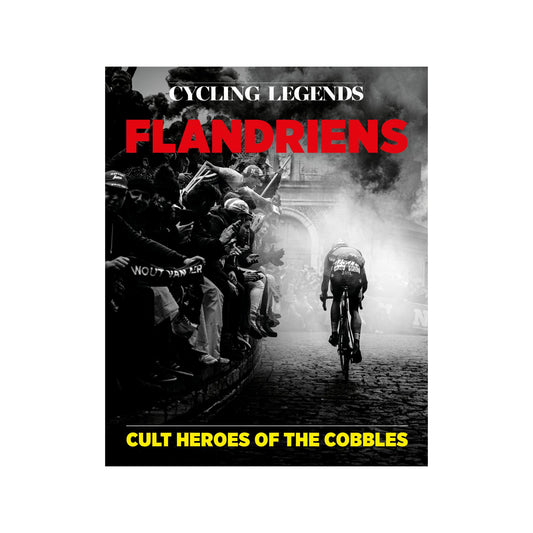
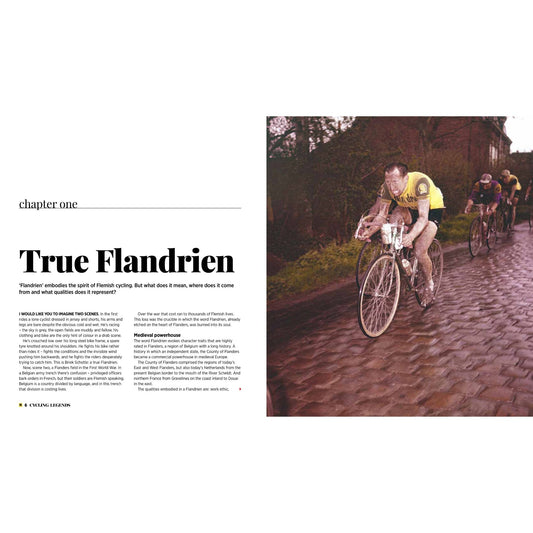
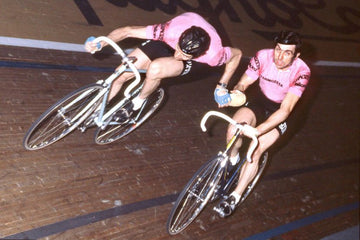
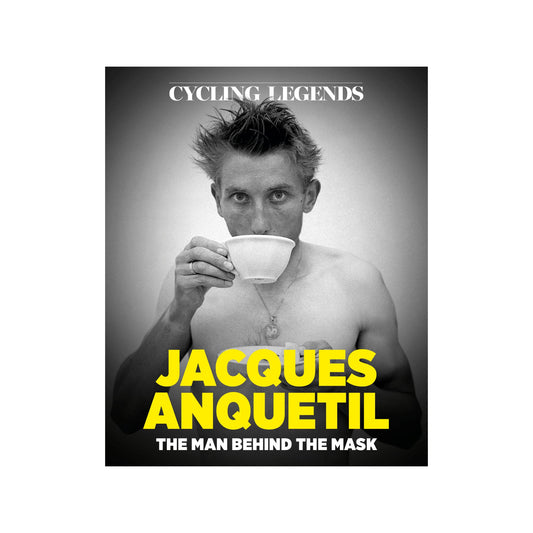
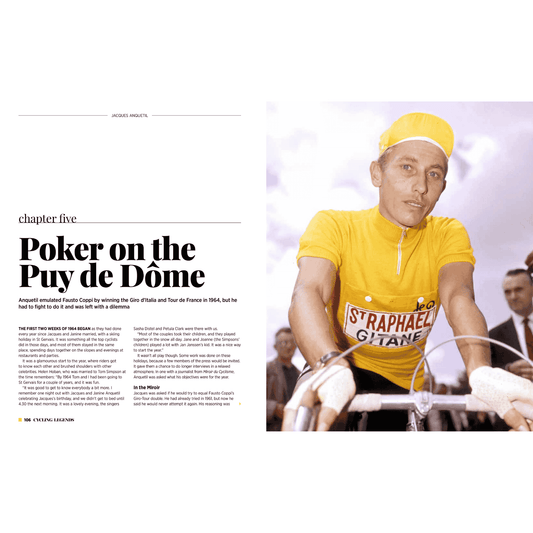
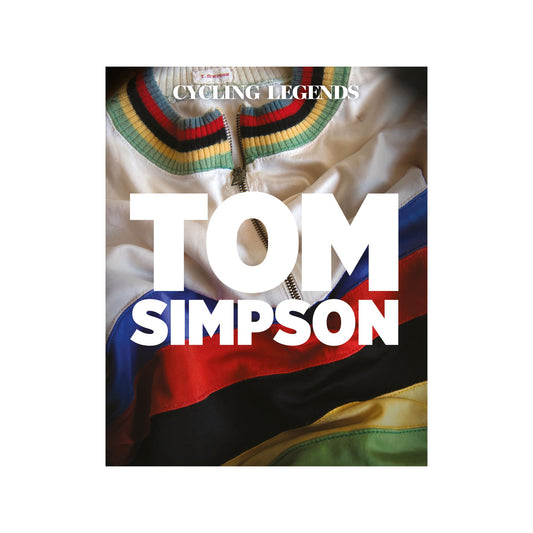
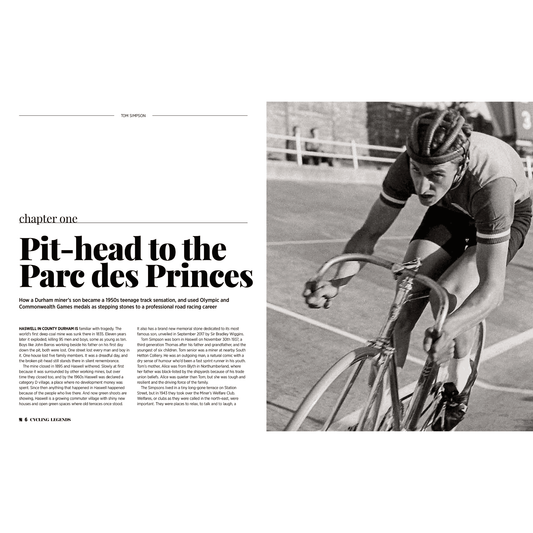
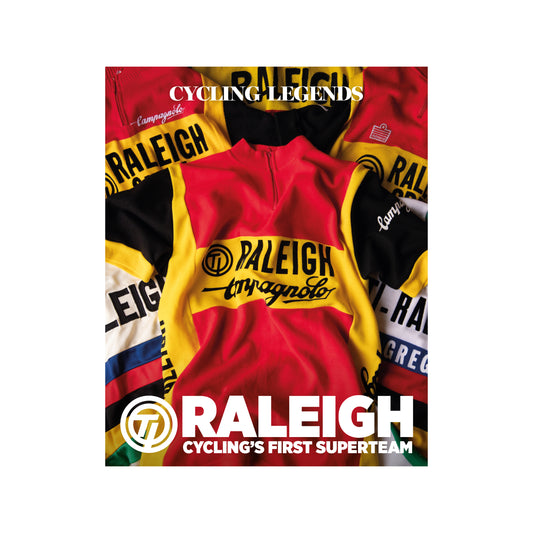
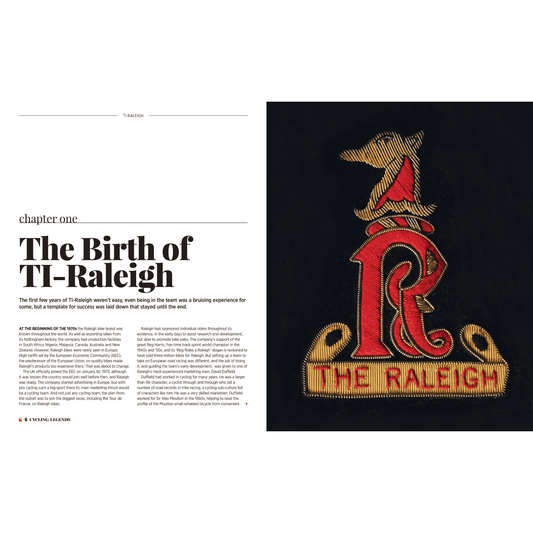
1 comment
A deu Patrick , a life well lived, bien fait ton metier!🙏🏽🏆